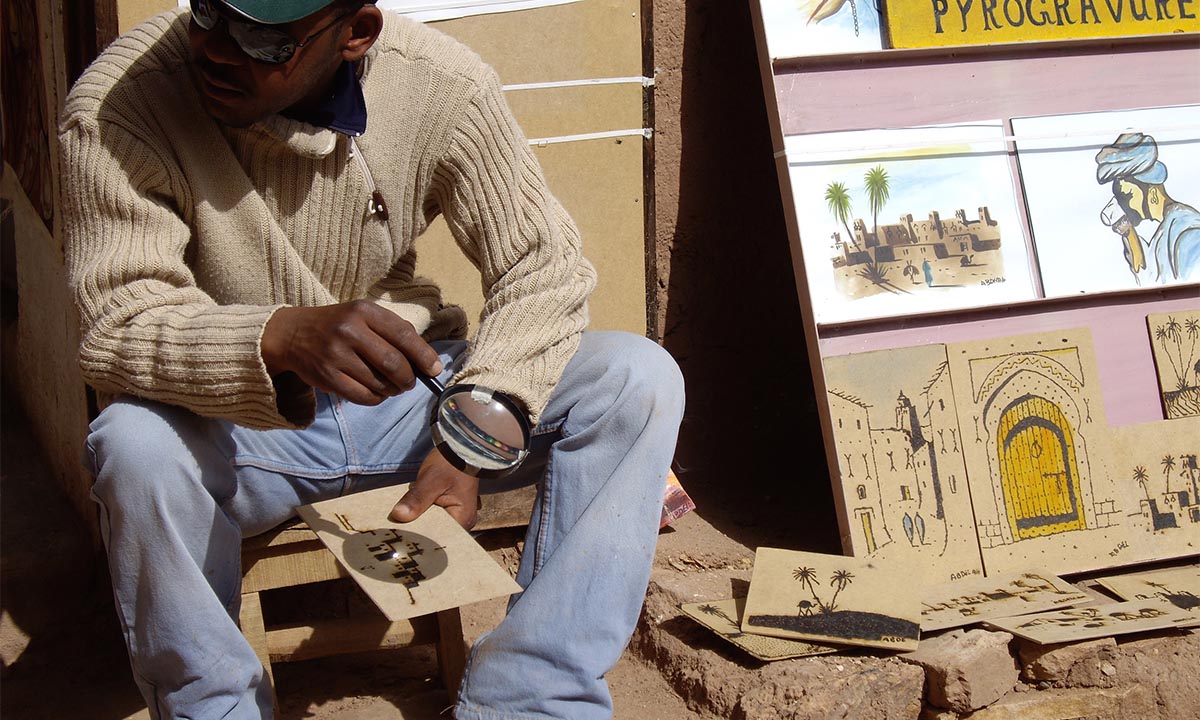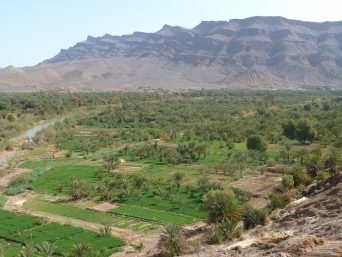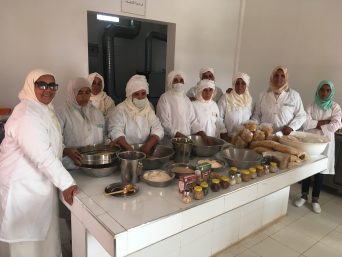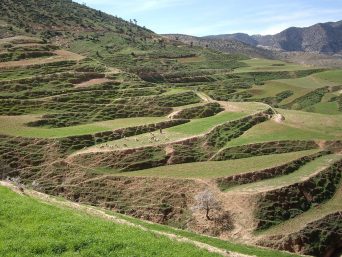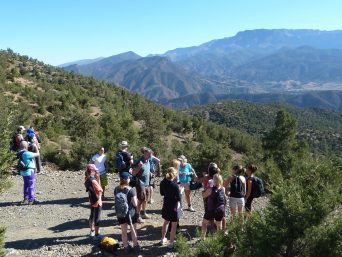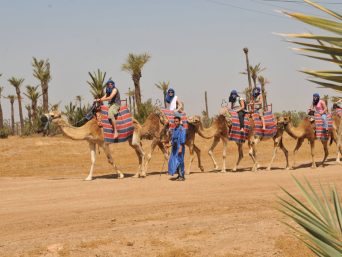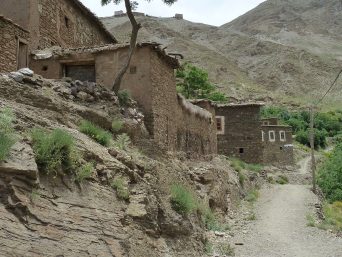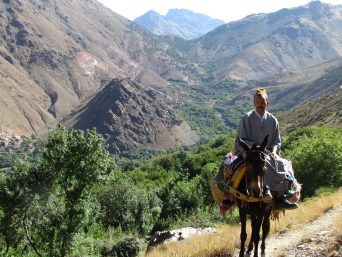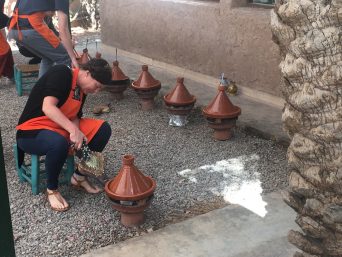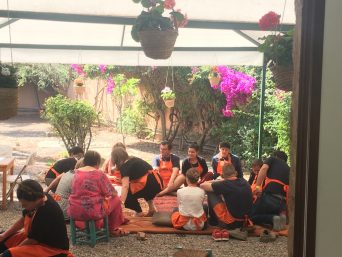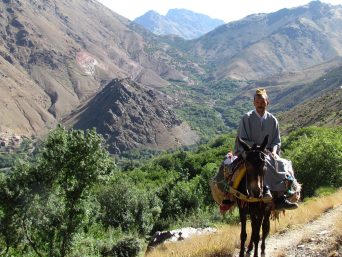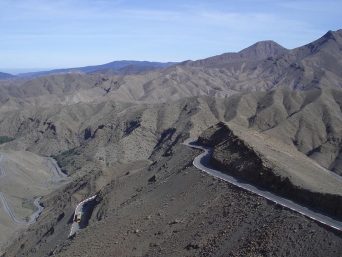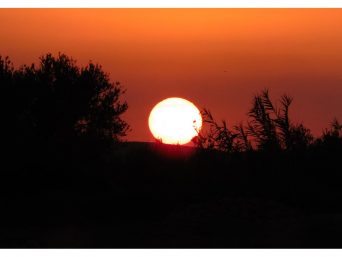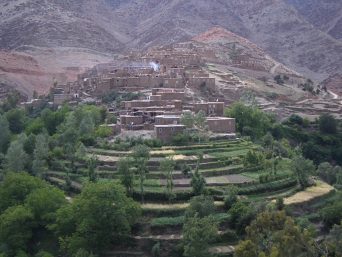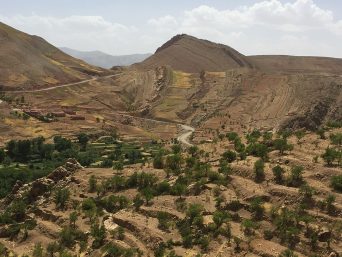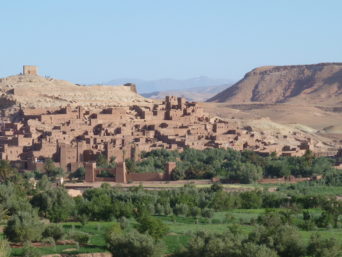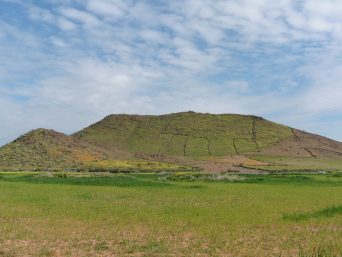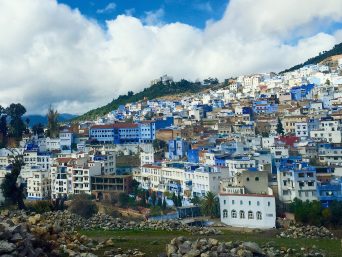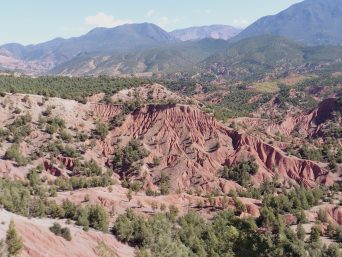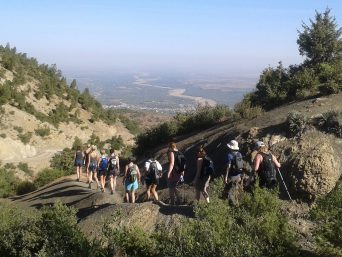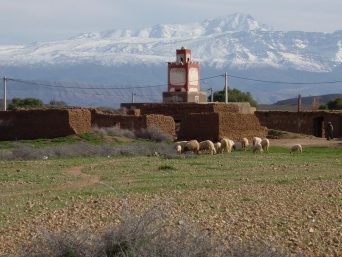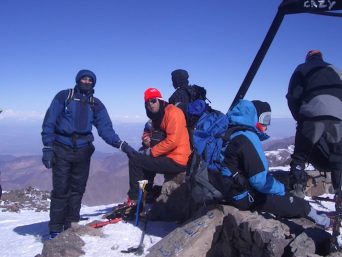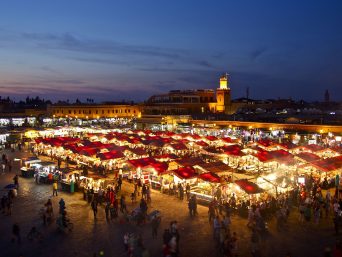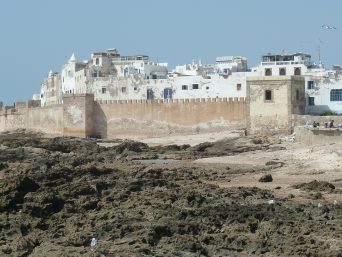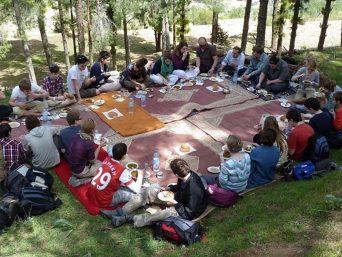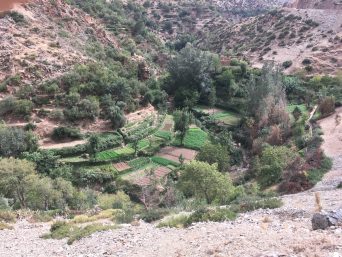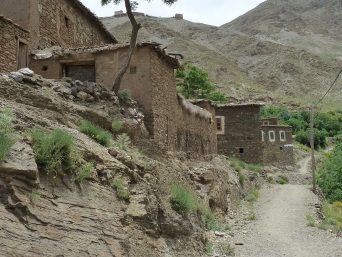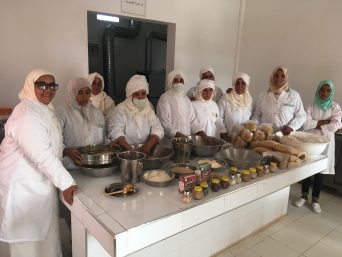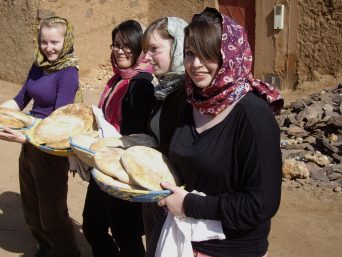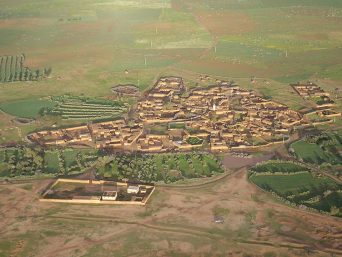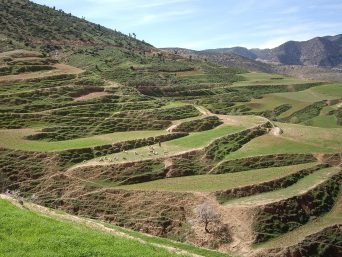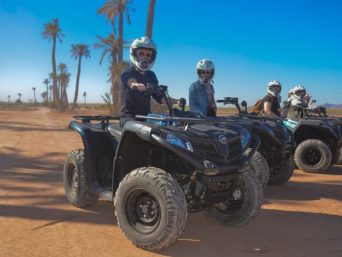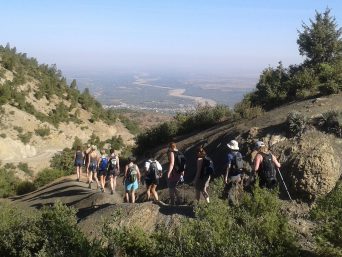Epic journeys
Tour Overview
more about a sahara (zagora) tour
Add to this Bedouin encampments of the nomadic goat and camel herders, the bleached colours of the day deeply enriching as the sun sets, and traditional drums and music on the evening air all heighten the sense of wonder about this very special land.
From Marrakech, once across the impressive High Atlas, the Sahara is not so far away.
Zagora lies almost directly south of Marrakech, just a cross the High Atlas divide.
The aridity increases, the vegetation diminishes and soon you are enveloped by the high buttes, mesas and plateaux that overlook the vast desert plains, the rocky reg and the sandy erg. To experience the Sahara is a true adventure.
The following tour itinerary includes many Saharan "must see's" and "must do's" - just check the highlights box opposite to be convinced of that!
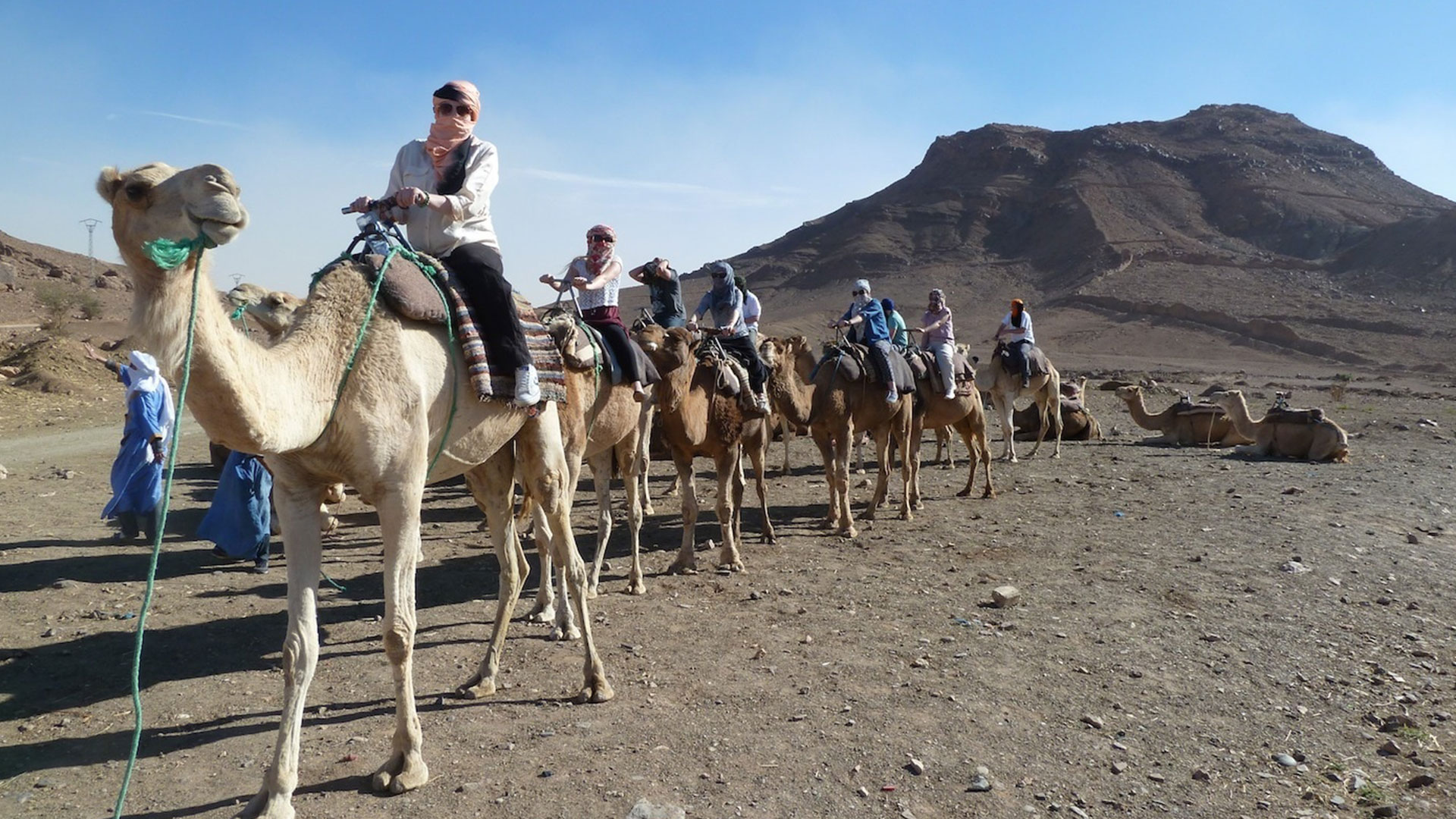
over the high atlas to the sahara (zagora)
- Tizi-n-Tichka Pass/Tizi-n-Tinififft Pass
- Classic sand dunes
- Date palmeraies
- Camel riding
- Market towns/markets
- Glorious sunsets
- Night(s) in a bedouin camp
- Traditional music
- Stargazing with telescopes option
- Tamangroute traditional potteries
- Quad bike & 4x4 adventure options
- Ait Benhaddou Kasbah
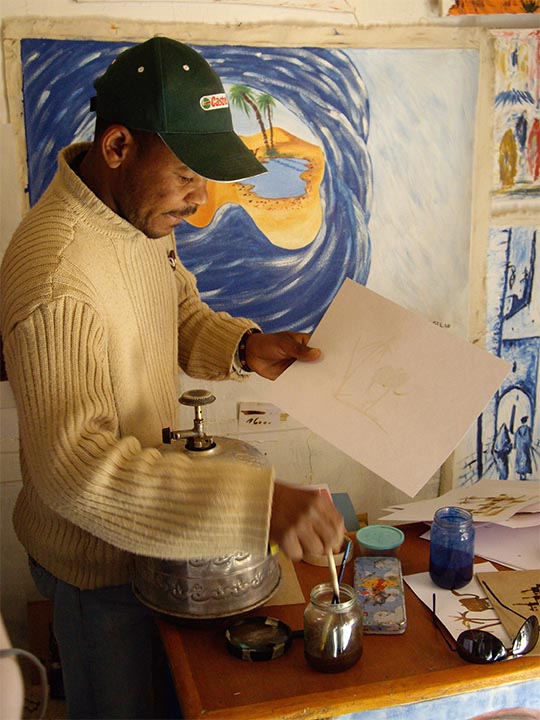
marrakech to ouarzazate
As the foothills of the High Atlas are approached (and always with the possibility of viewing oubkal, the highest peak of the mountain range, 4,167m), new, irrigated farms are encountered with olive groves and orange orchards.
he picture opposite shows Toubkal summit.
On leaving the Marrakech Plain and rising up into the High Atlas, evidence is soon seen of this impressive mountain chain’s origins.
Rock layers, uplifted and folded and contorted, were formed from sediments that once that were once the bottom of an ancient ocean.
Continental drift has moved Africa northwards into Europe, “squeezing up” these rock layers, folding them and overlapping them. No wonder there is so many rock and fossil sellers by the sides of the road!
Berber people live in the mountains. many of their villages and cultivated plots are seen on a journey up and over the High Atlas.
Rivers provide both water and fertile soil; it is remarkable how a living can be made from such a very challenging environment.9+6866
There is much to catch the traveler’s eye, e.g. the labour intensive farming activities, recognising the field and tree crops and watching the daily activities such as the ladies washing laundry in the streams.
Taddert is a small service centre in the vicinity of which lunch will be taken. There is also the option to visit a traditional Berber village too; here real engagement is possible with the most welcoming of people. A visit to a traditional home provides insight into their daily lives (as well as perhaps some Berber tea and a snack!).
To take a stroll into a Berber village is to begin to understand the way of life of these hardy mountain people.
A lunch or some mint tea can be arranged. with your guide as interpreter, many questions can be asked to further deepen your understanding
the views out from near to the Tizi-n-Tichka Pass are spectacular.
The snaking N9 road dominates the scenery below you whilst the seemingly endless mountain peaks dominate the skyline above.
Here you are on a watershed – it’s all downhill from here!
Driving on to Ouarzazate (the Peaceful City), the climate becomes more arid. again farming landscapes fascinate and several stops can be made to take in the scenes and to gain some excellent photographs.
Ouarzazate is a major route centre and is also a very rich and prosperous city.
Much of this wealth is from date cultivation but also from the film industry. The dry, bright days, along with the scenery, offer great opportunities for major films to be made here.
A visit to one of the two major Film Studios is a possible option.
Ouarzazate is a most tranquil city and quite opulent; it is a most relaxing place in which to spend some time.
The Taourirt Kasbah offers an opportunity to take a most interesting guided tour and to learn of life of the rich, landed classes.
Ouarzazate lies at the start of the Dades valley, Valley of a Thousand Kasbahs and Taourirt Kasbah is a very fine example.
Overnight in a charming riad.
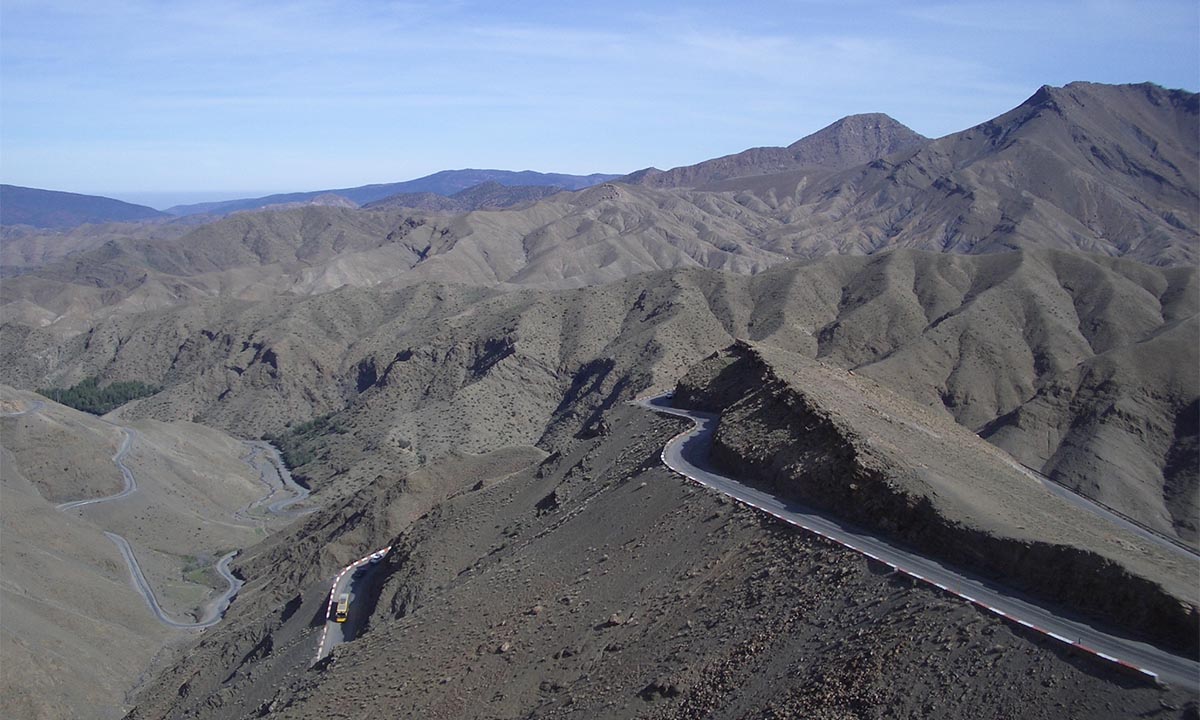
ouarzazate to zagora
Here an awesome overlook shows deeply incised river valleys, carved during ancient times when the area’s climate was very much wetter. The rock walls are precipitous and the river beds are of polished slabs of stone. Today only seasonal rains and occasional flash floods flow through these very dramatic valleys.
By contrast, descending down towards the Draa valley, the stony, barren (but fascinating) anti atlas landscapes give way to lush, fertile date palmeries on the valley floor.
The groves of palm trees are under sown with all manner of fruits and vegetables; a walk can be taken though such an area with perhaps some delicious fresh produce tastings.
A fine overview reveals this beautiful and intensely cultivated valley, contrasting with the abruptly rising mountains all around.
After a welcome morning coffee stop at Tansekhet Bridge café, it is onwards to the south, following the Draa river valley on the way towards the Sahara. Date palmeries dominate and much wealth is earned from the date harvests. Thus Zagora is again a very smart and attractive city based upon this wealth.
After lunch in Zagora, it is time to
either
venture a little further south to Hotel Sahara Sky by mid to late afternoon. Here some fine sand dunes indicate clearly that you are now truly in the Sahara. Once settled in to your accommodation, a camel ride (optional) can be taken.The camel ride allows for an ascent of a nearby large sand dune from which the sunset can be observed. The return camel ride, as darkness falls and the stars come out, is a most memorable end to the day. After the evening meal there is the option to take in a little star gazing from the hotel’s extensive (and very well telescope equipped) roof terrace.
Travel by camel to the Bedouin tent encampment.
The camel ride takes you first alongside/through part of the palmeries area before then skirting the edges of dramatic rocky mountain landscapes and on to your desert camp (luggage is carried by 4x4).The very well appointed campsite, set in the midst of sand dunes (and from which the sunset can be viewed), offers complete immersion in a desert experience.
After an evening meal of delicious traditional Moroccan cooking, around the campfire, traditional music is enjoyed under a star studded sky.
Sometimes, too, bread making, using the fire’s hot ashes, is demonstrated (and, of course, tasted!).
If you wish to extend your tour for an additional day (or more) in the Sahara then this is readily possible. many exciting options are available in and around Zagora. Please enquire of us and we can provide much information on additional optIons.
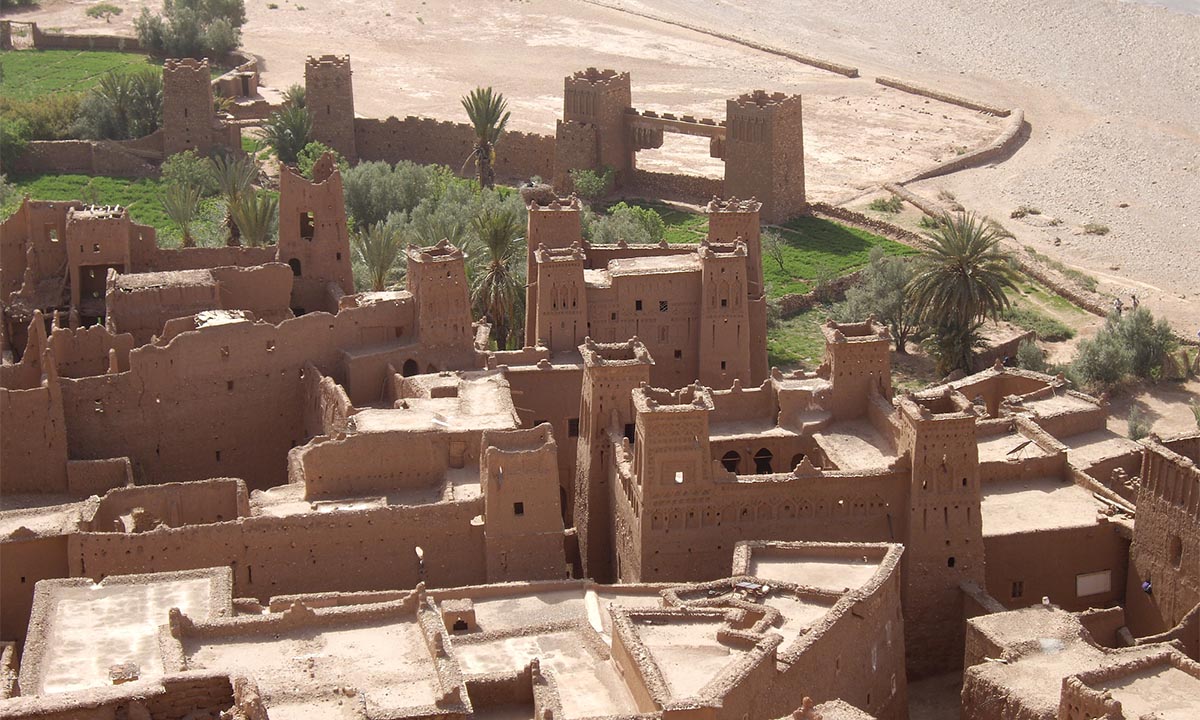
zagora to ouarzazate
This very old settlement’s core can be explored with a guided tour that takes you “underground”, into the narrow lanes and passageways that provide shade from the searing sunshine to the inhabitant of the old town.
An important occupation of Tamangroute is pottery making. a pottery can be visited and all the production stages are seen.
There is even the chance to try your hand in throwing a pot!
Green glaze is the distinctive colour of Tamangroute pottery.
Tamangroute is also the home to the Islamic Library where many old texts (some on goatskin) are protected; these too can be optionally visited.
Moving on, Zagora offers the opportunity for a little relax/shopping time and a coffee break before heading northwards in the direction of Ouarzazate. again, opportunities are taken during the travel to stop at features of interest and to gain some “closer encounters” with what is seen.
Lunch is in Agdz, a town just before we reach the Tizi-n-Tinififft pass. Then it’s onwards and upwards until arrival in Ouarzazate. the options in Ouarzazate are either to simply relax in the accommodation’s pool and/or to take a visit to the Taourirt Kasbah and/or take a Film Studios visit.
overnight in a charming riad in ouarzazate.

ouarzazate to marrakech
This kasbah is a World Heritage Site and has a most impressive and commanding situation and site.
Located at the junction of several valleys, Ait Benhaddou lies on the ancient trade route along which camel caravans once travelled between the Sahara and Marrakech.
A stop is first made to overlook the kasbah’s site (perhaps with an encounter with a "Snake Man" – optional!) before then taking a very easy stroll in to Ait Benhaddou.
Once inside the fortified settlement, time can be taken to roam the intricate network of narrow lanes and passageways.
The building material is pise mud with sturdy tree trunks and bamboo being used for ceilings and roofs.
A small ascent can also readily be made to the watch tower from where tremendous panorama views can be gained.
You may wish to seek out the Gladiator House. as well as offering the opportunity to see a typical Berber home and its arrangement, it is also the place where some scenes were shot for the Gladiator film; perhaps some time for a re-enactment!
Many artisanals are seen within Ait Benhaddou.
Of great interest are the artists, some painting with saffron dyed tea and others etching, using sunlight focused through a magnifying glass.
But, of course, there are many craft shops where your bargaining skills can be tried.
Lunch is taken in “new”Ait Benhaddou (very close to the kasbah), allowing the morning to be relaxed and unpressured in this most excellent of locations.
The afternoon journey travels northwards and back to Marrakech. again, request stops can be made, not only to view the stunning scenery and activities but also to allow further time to engage with your guide and to ask about the many and various aspects of Morocco.
After four days on the open road, it’s back to the clamour of Marrakech by late afternoon.

what ats offers:
- Return private transport from your accommodation in Marrakech;
- A local Moroccan Guide throughout your tour, English speaking (with much local knowledge to impart);
- Overnight accommodation in Ouarzazate (2 nights; riad) and Zagora (1 night; Bedouin bivouac*), on half board basis;
- *NOTE: accommodation can be either in Hotel Sahara Sky (with star gazing) or in a Bedouin encampment;
- Lunch on days 1, 2, 3 and 4;
- Many stops as requested along the way;
- Visit to a Berber village (and home)

sahara (zagora) 4 day tour prices (all taxes incl)
- Total cost for 2 persons: 17360 MAD (1736 EURO)
- Total for 4 persons: 24080 MAD (24080 EURO)
- Total cost for 6 persons: 30800 MAD (3080 EURO)
- Total cos for 12 persons: 50960 MAD (5096 EURO)

OPTIONAL EXTRAS
- Enjoy a traditional second breakfast in a Berber home
- Enjoy a traditional lunch in a Berber home
- Film Studio visit in Ouarzazate
- Kasbah visit in Ouarzazate
- A camel ride
- 4x4 and/or quad bike trips
- Islamic Library in Tamangroute
- Instructed stargazing
- Overnight stay in a Berber home
- Additional days to extend your tour

Notes
30% deposit to book; balance to be paid 30 days before tour's commencement; ATS Bank Details will be given.
Last minute bookings can always be discussed
(with payment at commencement of the tour)
